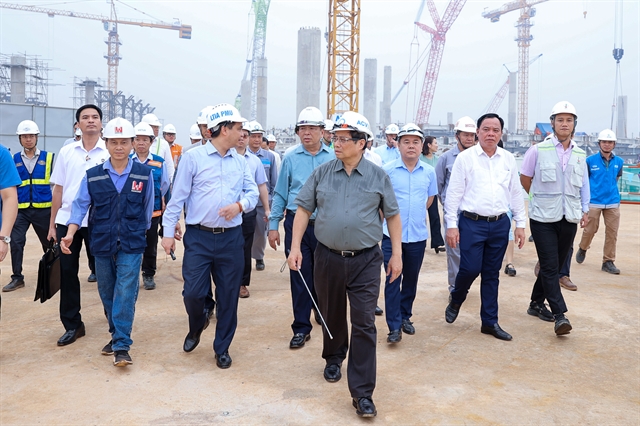 Politics & Law
Politics & Law

Personnel and personnel work hold a decisive role for the success of the revolution, said General Secretary of the Communist Party of Việt Nam (CPV) Central Committee Nguyễn Phú Trọng at the Party Central Committee’s seventh plenary session which kicked off yesterday.
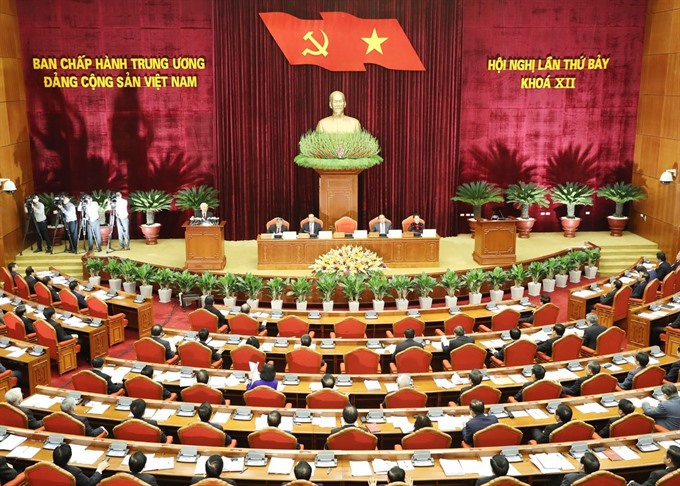 |
| The seventh plenary session of the 12th tenure of the CPV Central Committee starts in Hà Nội yesterday. — VNA/VNS Photo Trí Dũng |
HÀ NỘI — Personnel work ethic is a decisive factor in the success of the revolution, said General Secretary of the Communist Party of Việt Nam (CPV) Central Committee Nguyễn Phú Trọng at the Party Central Committee’s seventh plenary session which kicked off yesterday.
The main issues on the agenda of the six-day sitting of the 12th tenure of the CPV Central Committee include personnel work at all levels, salary reform for officials, public servants, the armed forces, and workers, and social insurance policy reform, among other topics.
In his opening remarks at the session, the Party leader stressed that the Party always pays special attention to the work carried out by its personnel, in order to meet the requirements and challenges laid out during each stage of the revolution.
He said the Party has made sound decisions on selecting personnel, and has resolutely directed the implementation of policies and measures which have brought about positive results, thus bringing the nation further in its great and historic renewal process.
However, the General Secretary pointed to several shortcomings in certain personnel and their work ethic.
The personnel that make up the political system is large in number, but not strong, and this results in both redundancy and deficiency of officials in many areas.
The structure within sectors of government is not reasonable, and there is a lack of connectivity between different sectors and levels, as well as a lack of competent managers and leading scientists and experts, Trọng said.
He also noted that several leading and managing officials, including those at the strategic level, had low prestige and stayed aloof from the people. Some got involved in corruption, wastefulness and group interests. Many officials holding leading and managerial positions took advantage of loopholes to commit wrongdoings for their own interests, causing State asset losses and other serious consequences.
The phenomenon of “buying” positions is still prevalent and is slow to be addressed and curbed by the State, he said, noting that this particular shortcoming is one of the reasons why the country fails to meet expectations in terms of development, and for the erosion of public trust in the Party and the State.
The Party chief stressed the need to pay more attention to the building of a contingent of officials, especially those at the strategic level, who are competent, trustworthy, and have high prestige.
Regarding the project and draft resolution on personnel work submitted to this plenary session, Trọng asked the Party Central Committee to carefully study the documents, and analyse existing shortcomings and weaknesses to define their causes, and then discuss how to address these shortcomings and weaknesses in order to better the overall work of personnel.
With regard to salary reform, the Party leader first noted previous reforms in this area in Việt Nam in 1960, 1985, 1993 and 2003. Salaries in the public sector have been gradually improved, notably in disadvantaged regions and sectors, which has helped to improve living standards. Meanwhile, pay in the enterprise sector has been gradually aligned with the market mechanism under the State’s management.
However, he admitted that there remain numerous shortcomings in this area as well. The salary policy in the public sector is still complicated, and has failed to encourage employees to increase their productivity, work quality and efficiency.
Meanwhile, the basic wage in the public sector is still lower than in the business sector, he said. It’s yet to meet the cost of basic needs, and sometimes isn’t even the main income of employees. Wages in different enterprises have failed to create a driving force for improved labour productivity business development.
General Secretary Trọng noted the fundamental prerequisites for salary reform, asking the Party Central Committee to discuss amongst themselves, in order to reach unanimity on the issue of salary reform. He told them to specify their viewpoints, along with detailed targets for each reform period, and decide on measures to tackle existing flaws as soon as possible, thus truly creating momentum for employees and the whole economy to boost productivity, quality, efficiency and competitiveness in the workplace.
Regarding social insurance policy reform, the Party chief began by noting that social insurance was introduced in Việt Nam in1961, but was reserved for the public sector in the centrally planned economy, and mainly provided pensions and benefits for veterans. Reforms to the system were introduced in 1995 to make it align with the model of a socialist-oriented market economy, and international practices.
During both the fifth and seventh sessions of the 11th tenure, the CPV Central Committee considered digressions relating to social insurance and the provision of wages and allowances for national revolutionary contributors.
The project for reforming social insurance policy submitted to the CPV Central Committee at this meeting was built on the basis of theoretical and practical examples; with a view to push forward a specific resolution, to make social insurance a driving force for the country’s sustainable development, Trọng said.
He asked the CPV Central Committee to seek measures to continuously improve social insurance policies in the coming time. Suggested reforms include expanding social insurance coverage for all people, ensuring the financial balance of social insurance in the long run, adjusting retirement age, enhancing connectivity and support between social insurance policies, inheriting and developing principles of adjusting the relatively independent pension for working people, and reducing the eligible time for joining the social insurance programme to get a pension.
The Party leader reinforced the need to pay attention to both the public and private sectors, as well as working people and retired ones, particularly farmers, and vulnerable groups in society. — VNS

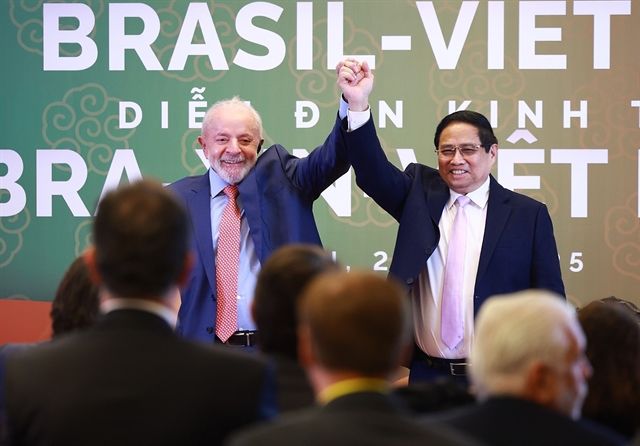
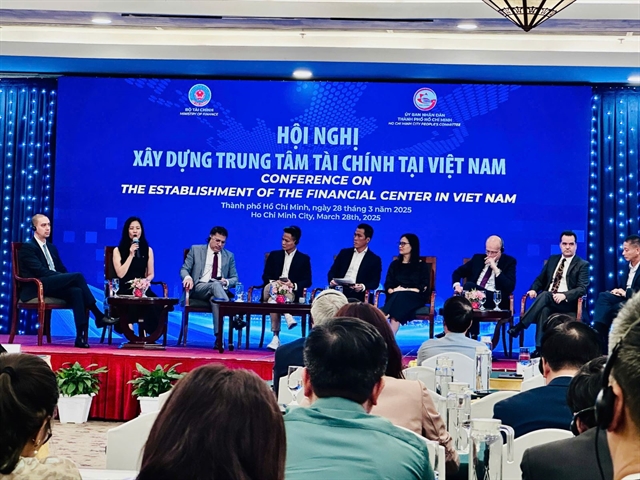
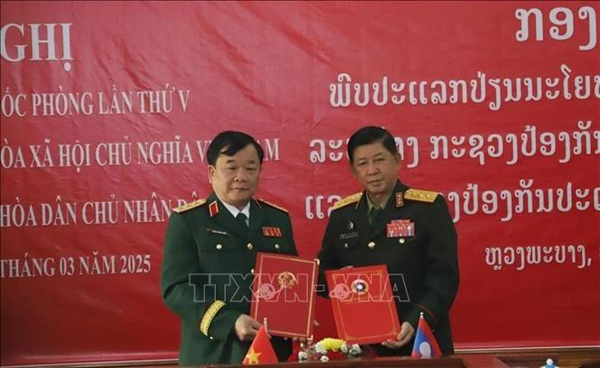
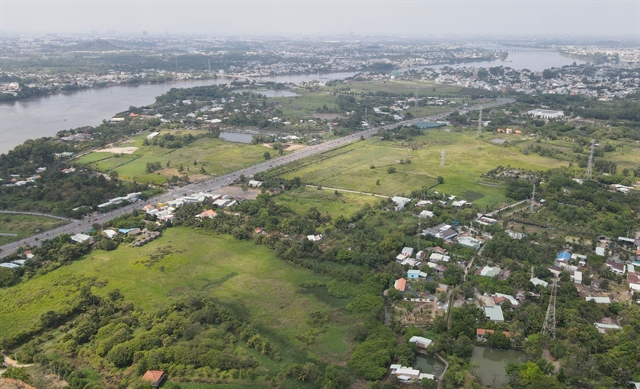
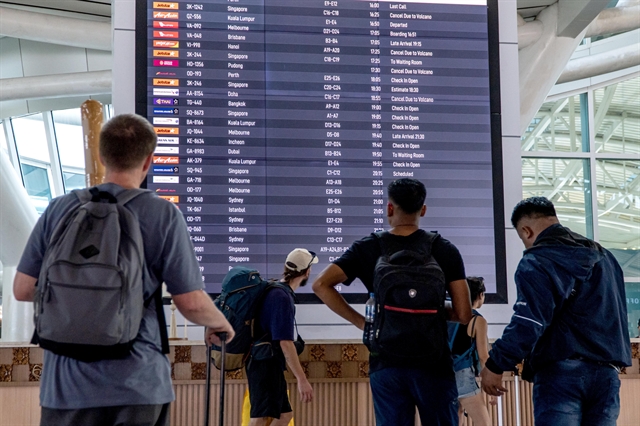
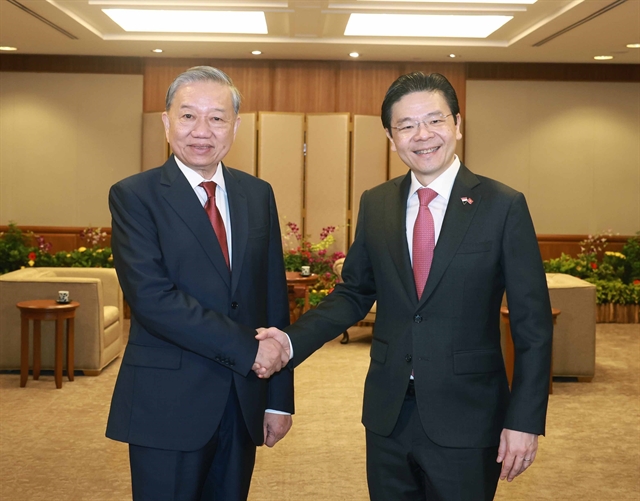
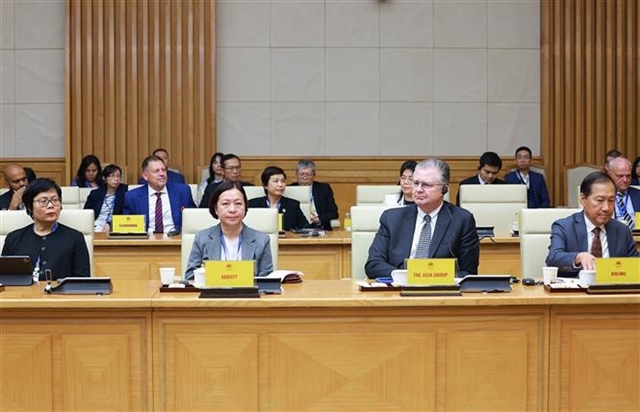
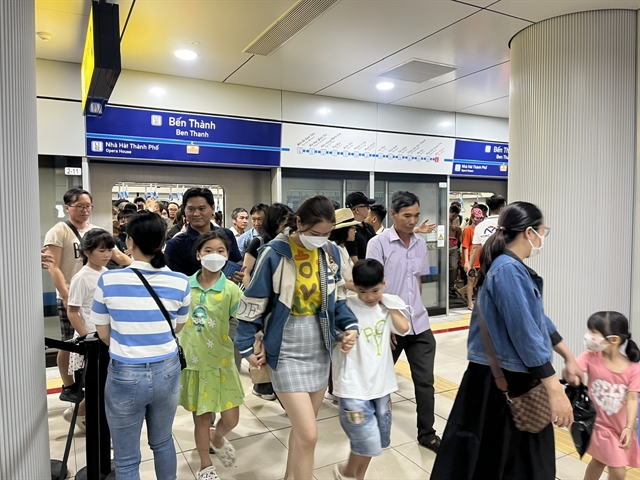
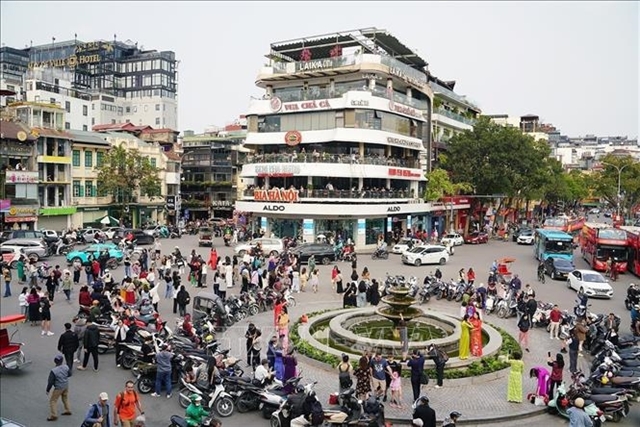
 Brandinfo
Brandinfo